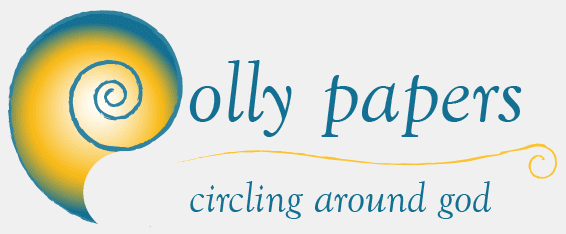At some point during our Monday morning walks at Walden Pond, a verse or a reflection will occur to one of us, often inspired by something at or on the pond, in the sky that day or a new development from the week before.
Last week, on the vernal equinox, three of us stood together on the sand. As we talked, we noticed movement on the water out where it had started to “ice out.” Four or five ducks were swimming there. Golden-eye, I thought. But, no, too much white on the head. Hooded mergansers, perhaps? On closer inspection, through the field glasses, the heads weren’t all that white after all. Finally we determined that they looked more like wood ducks. But the bright variegated plumage of the drakes wasn’t readily apparent. Too early in the season, we decided; they aren’t in full breeding dress yet.
The sight of these wild things, and our debate about them, brought this poem to mind:
When despair for the world grows in me/and I wake in the night at the least sound/in fear of what my life and my children’s lives may be,
I go down to where the wood drake/rests in his beauty on the water/and the great heron feeds.
I come in to the peace of wild things/who do not tax their lives with forethought of grief./I come into the presence of still water./And I feel above me the day-blind stars/ waiting with their light.
For a time I rest in the grace of the world, and am free.
Wendell Berry’s words reminded me of what I had forgotten as we tried to pinpoint the correct species of the pond-swimmers. Years ago, when I was a child following behind my father on one of our endless bird walks, I tried to remember the different species of sparrow, which all looked about the same to me. I thought that if I could just get a handle on at least one or two of them, he would be really proud of me. He showed me how to keep a life-list, which, to this day, hangs behind our front hall closet door. And of great excitement were the times when we would see a brilliant rainforest dweller or a bald eagle. It wasn’t until many years later, walking in the woods near our home, that I landed on what I see now as an obvious truth: all these birds; field or tree sparrows, downy or maybe hairy woodpeckers and even the bald eagle; they don’t know their names. Why is it so important that I do? Why not, as the poet has done, just rest in the grace of the world, come into its peace. Why do I tax my life with so many questions, make sure I have identified and labeled? Is it so important to my enjoyment of the moment? Can’t I just leave the question, dwell in the unknown and delight in the mystery?
While it’s written that God knows when every sparrow falls to the ground, “sparrow” is our word, not God’s. God’s wisdom surrounds all, small as a sparrow, wide as the sea without regard to species, size, name, color or habitat. God does not label or categorize or value any single one of us above another. God’s life-list has all of us on it.
I am grateful to Wendell Berry for his words that came to me that morning on Walden Pond, to remind me to let my questions go.
And I thanked the wood ducks. If that’s what they were.

3 Responses
I love it! Most delight in identifying each bird and I just enjoy, have always felt a bit stupid but did not really care! I will continue to just enjoy and let others continue to identify, Each to her own joy!
Nature also continues to help relieve the stress of change in our country’s ways or at least gives diversion to the mind of cares of the world for me.
Hope for a walk at Walden Pond again!
Hi Bev,
You’ve got the right idea:Just enjoying is enough and taking time to notice all the colors, songs and actions without hauling out the Peterson or Sibley, which I do too often!
Walden is indeed a sacred space. Come join us, W’re celebrating Thoreau’s 200th birthday this year, so all sorts of goings-on around town.
Yes, dear Polly, I agree that God’s limitless ways of communicating with us include the sights and sounds of birds. In recent days it happened for me several mornings, at 6:30! That seemed to be the favorite time for this one bird in my neighborhood to start its day — and perhaps to attract his would-be partner. When I turned to my Peterson Field Guides 3-CD set of “Western Birding by Ear: a Guide to Bird-song Identification,” and listened to the first descriptions of various types, sure enough: there was the three-repetition sound that had repeatedly awakened me. It was a Mourning Dove! Either it wasn’t singing the last couple of mornings, or I was too “sound” asleep to hear it. But I hope for the awesome gift to call to me again.